Punctuation marks
Punctuation marks help the reader understand the meaning of the text better. Without a punctuation mark, writings look very disorganized. Read this article and understand the use of punctuation marks.

There are 14 punctuation marks that are commonly used in English. They are the period or full stop, comma, colon, semicolon, exclamation mark, dash, hyphen, parenthesis, braces, apostrophe, quotation mark, question mark, brackets and ellipsis. Punctuation is the use of spacing and conventional signs that aids to the correct reading and understanding and correct reading of the text. The correct usage of these punctuation marks will also lead you to better writing.
Sentence endings
You can use three punctuation marks for the end of the sentence. They are period, question mark and exclamation mark.
A period or a full stop (.) is placed at the end of every declarative sentence.
For example: Both of them are in the mall.
A question mark (?) is used at the end of a direct question.
For example: Where did they go?
An exclamation mark (!) is used at the end of a sentence which shows strong feelings, such as anger, surprise or joy.
For example: Watch out!
Comma
The comma (,) is used to show separation of words, ideas or elements. It is also used in numbers, dates and also after salutations.
Separation of two sentences: We went to the market, then went out for lunch.
Separating lists: The fabric is in blue, green, and yellow.
Addressing someone: Thank you for your help, Susan.
Semicolon
A semicolon (;) is used to connect independent clauses.
For example: Susan likes pancakes; Sarah doesn’t.
Colon
A colon (:) has three uses. The first is after a word introducing a quotation, an example or a series. The second is used to separate independent clauses. And the third is for emphasis.
Example for the first
He is planning to choose four colours: pink, yellow, green and blue.
Example for the second
I didn’t try it: I was late.
Example for the third
There is only one thing I want to do: eat.
There are also many non-grammatical uses of a colon. In time, ratio and also in references.
Dash and Hyphen
These two punctuation marks look very similar but they are not.
A dash is used to separate words into statements. There are two types of dashes, en dash and em dash.
En dash ( - ) is twice as long as hyphen and is used in printing and writing to show a connection or differentiation like 1947 - 1964 or Bangalore - Mysore train.
Em dash (—) is longer than the en dash. It is usually placed in the place of comma, parenthesis and colon. For example, “And she said — No!”
A hyphen (-) is a mark which is used to join two or more words. It is not separated by any spaces. For example, back-to-back.
Brackets
These are squared off notations ( [ ] ) and are usually used for technical explanations.
Braces
Braces ( { } ) are used to contain two or more lines of text to show that they are considered as a unit. Mostly these punctuation marks are used in computer programming and mathematics.
Parenthesis
These are curved notations ( ( ) ) that contain thoughts and remarks. Parenthesis are sometimes replaced by commas.
Apostrophe
Apostrophe (‘) is used either in place of omission of letters from a word, in possessive case and plural for lower case letters.
Quotation marks
These marks are a pair of punctuation marks (“ “) that are used to mark the beginning and the end of the sentence. There are also single quotation marks that are used for quotes within quotes.
Ellipses
Ellipses are represented with three periods (...). It is used in writing to indicate an omission. These are frequently used in quotations to shift from one phrase to another. Ellipses are also used to omit unnecessary words.
Explore
Related Articles
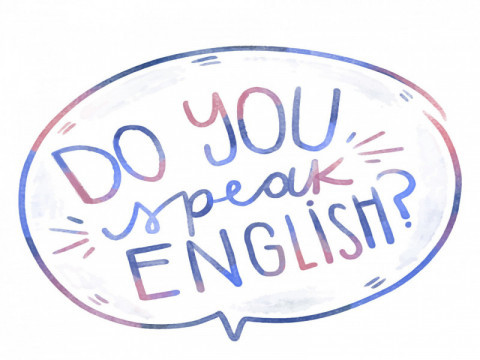
Ways to improve your spoken English skills
Improving spoken languages might seem as a challenge. But, with proper guidance and tips, it is not too difficult.
Continue reading
Writing complex sentences in English (For beginners)
Writing is one such skill that should be encouraged in young children. Read the article and understand what are complex sentences and its structure.
Continue reading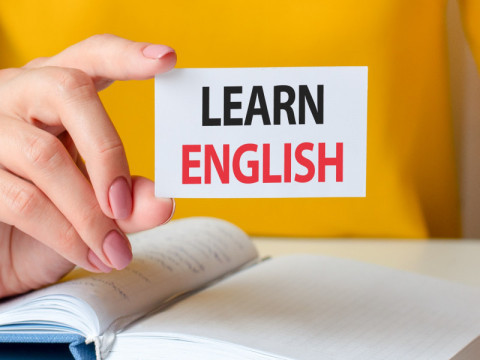
Using simple present tense
Simple present tenses are one of the first tenses we all learn in school. Knowing how to use these tenses is more important in spoken English.
Continue readingMore Articles

Developed nations and languages
There is a strong narrative on English among India's financially and educationally elite classes. The narrative is that English is the only way to…
Continue reading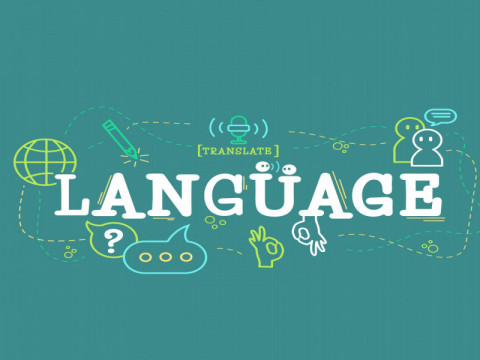
Important words and phrases in Marathi (For beginners)
Learning a new language can be difficult. But with constant practice and learning it can be easy. Starting to talk in the language you are trying to…
Continue reading
Tips to improve your spellings
Writing in English is as important as speaking. To learn to write correctly might seem like a difficult task. There are always some tips that you need…
Continue reading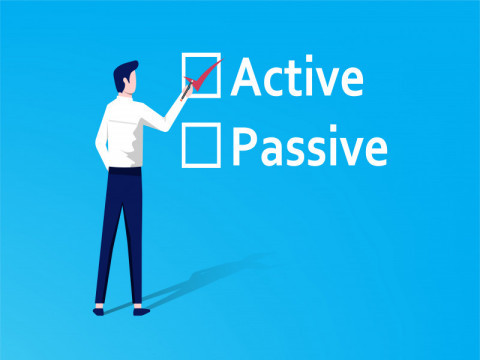
Active Voice and Passive Voice
This article will help you understand the difference between active and passive voice and make your written and spoken skills of language better.
Continue reading
Difference between Voice and Speech in Grammar
English learners may get confused between the use of these two topics and end up making mistakes. Read this short article to help yourself and improve…
Continue reading
Direct and Indirect speech
Knowing how to use direct and indirect speech in English is considered important in spoken English. Read the article below and understand how to use…
Continue reading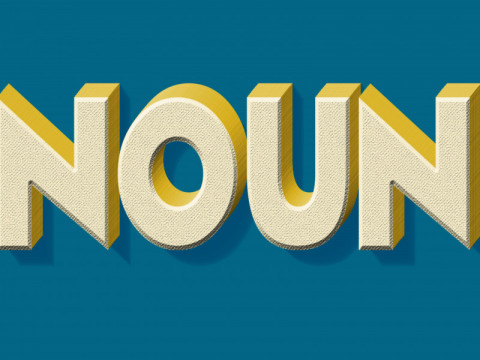
Types of nouns
Nouns are the largest group of words in any language. Understanding them and using them correctly while learning the language is considered very…
Continue reading
Ways to improve your spoken English skills
Improving spoken languages might seem as a challenge. But, with proper guidance and tips, it is not too difficult.
Continue reading